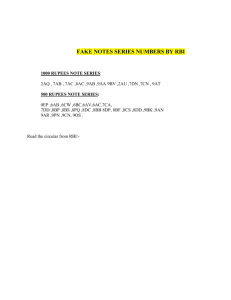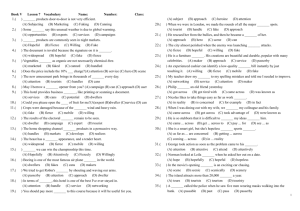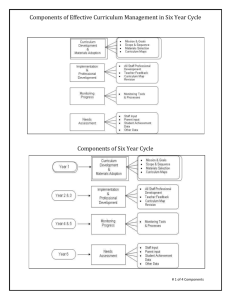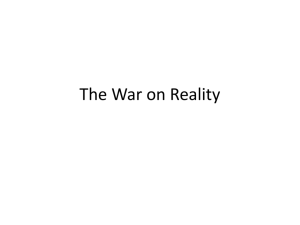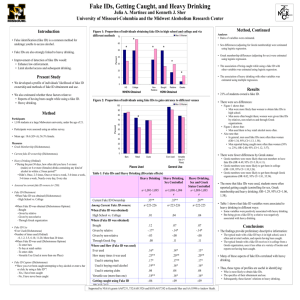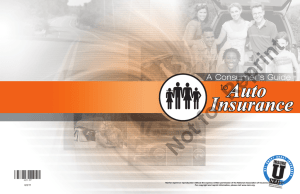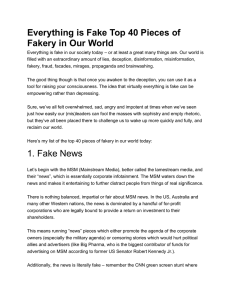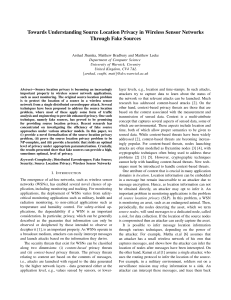Insurance: A Vital Form of Financial Security at Every Life Stage
advertisement
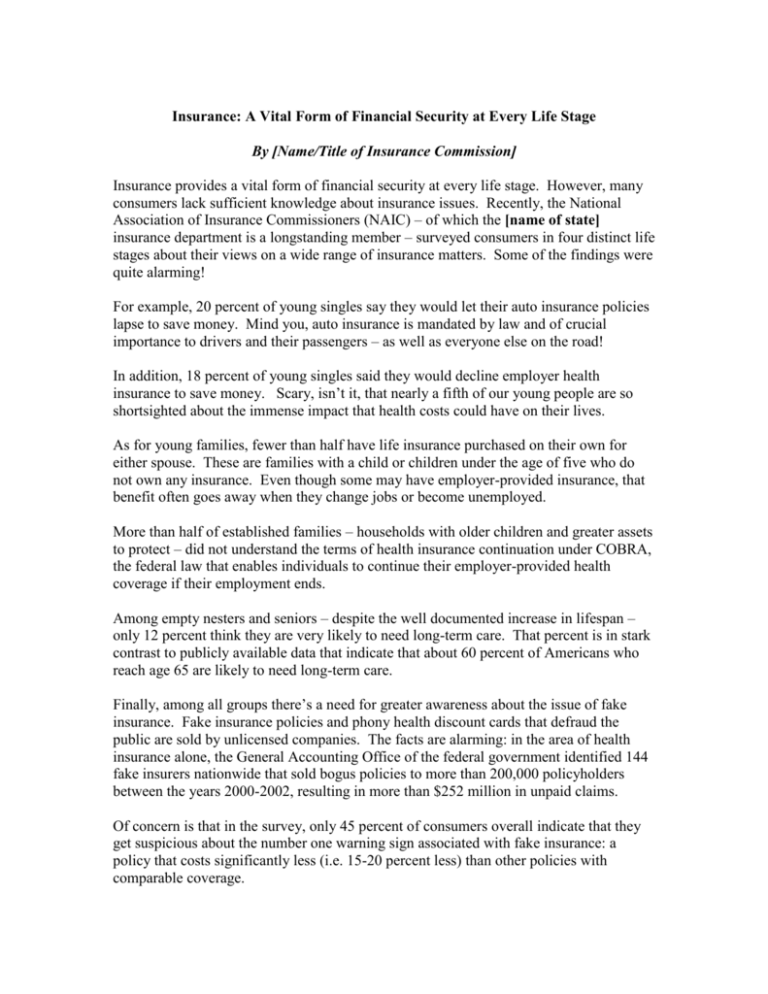
Insurance: A Vital Form of Financial Security at Every Life Stage By [Name/Title of Insurance Commission] Insurance provides a vital form of financial security at every life stage. However, many consumers lack sufficient knowledge about insurance issues. Recently, the National Association of Insurance Commissioners (NAIC) – of which the [name of state] insurance department is a longstanding member – surveyed consumers in four distinct life stages about their views on a wide range of insurance matters. Some of the findings were quite alarming! For example, 20 percent of young singles say they would let their auto insurance policies lapse to save money. Mind you, auto insurance is mandated by law and of crucial importance to drivers and their passengers – as well as everyone else on the road! In addition, 18 percent of young singles said they would decline employer health insurance to save money. Scary, isn’t it, that nearly a fifth of our young people are so shortsighted about the immense impact that health costs could have on their lives. As for young families, fewer than half have life insurance purchased on their own for either spouse. These are families with a child or children under the age of five who do not own any insurance. Even though some may have employer-provided insurance, that benefit often goes away when they change jobs or become unemployed. More than half of established families – households with older children and greater assets to protect – did not understand the terms of health insurance continuation under COBRA, the federal law that enables individuals to continue their employer-provided health coverage if their employment ends. Among empty nesters and seniors – despite the well documented increase in lifespan – only 12 percent think they are very likely to need long-term care. That percent is in stark contrast to publicly available data that indicate that about 60 percent of Americans who reach age 65 are likely to need long-term care. Finally, among all groups there’s a need for greater awareness about the issue of fake insurance. Fake insurance policies and phony health discount cards that defraud the public are sold by unlicensed companies. The facts are alarming: in the area of health insurance alone, the General Accounting Office of the federal government identified 144 fake insurers nationwide that sold bogus policies to more than 200,000 policyholders between the years 2000-2002, resulting in more than $252 million in unpaid claims. Of concern is that in the survey, only 45 percent of consumers overall indicate that they get suspicious about the number one warning sign associated with fake insurance: a policy that costs significantly less (i.e. 15-20 percent less) than other policies with comparable coverage. To address these consumer information needs – as well as many others – the [name of state] insurance department, in conjunction with state insurance commissioners across the country and the NAIC, has embarked on a comprehensive, multi-media public education initiative. Under the theme, Insure U – Get Smart About Insurance, we have created a virtual “university curriculum” of helpful information. The heart of Insure U is our online educational curriculum available at www.InsureUonline.org. It includes an introduction to the four basic types of insurance – auto, home health and life – as well as helpful life stage considerations for each consumer segment. As an example, here is a life stage consideration for young singles: In maintaining your own residence, you must realize that you are liable for things that happen on your premises. For example, you might be using your apartment for parties. Keep in mind that in many states, you could be held legally responsible for the actions of anyone who drinks in your home and then has an accident in your house or after leaving it. Your homeowner’s or renter’s policy should protect you against lawsuits due to these types of liability issues. Here is a life stage consideration for young families: At this stage of your life, you begin to interact with other parents, perhaps driving their children in your car while carpooling. To protect yourself, you might want to consider increasing your liability insurance in case of an accident. Here is a life stage consideration for established families: Know your rights and entitlements under COBRA – the Consolidated Omnibus Budget Reconciliation Act. If you lose or change your job or decide to start your own business, be sure to familiarize yourself with COBRA so that you’re clear how your family will be covered when your situation changes. And here is a life stage consideration for empty nesters and seniors: If you have a cash value life policy, consider whether you can use some of the money built up in the policy to pay for long-term care insurance premiums, if long-term care insurance makes sense for you. There are several other educational elements within the Insure U public education campaign that will enable us to reach consumers throughout [name of state]. We have produced TV and radio public service announcements that warn consumers to protect themselves from being scammed by fake insurance companies. These PSAs advise consumers to stop before they write a check to an insurer, call our state insurance department and confirm that the company is legitimate and authorized to sell insurance in [name of state]. 2 Finally, members of the [name of state] insurance department will be fanning out across the state, spreading insurance knowledge and life stage considerations to community groups of all kinds via a comprehensive instructional program developed by the NAIC. Together, our Insure U public education elements – the online curriculum, public service announcements and community presentations – will go a long way towards helping Americans Get Smart About Insurance and protect themselves from the perils of fraudulent insurance policies and fake insurance companies. However, the quickest way for anyone to get unbiased information and answers about insurance matters is to contact our department at [phone number for state insurance department]. We’re there to protect the consumers of [name of state] and to help them understand how insurance fits into their lives. ### 3
